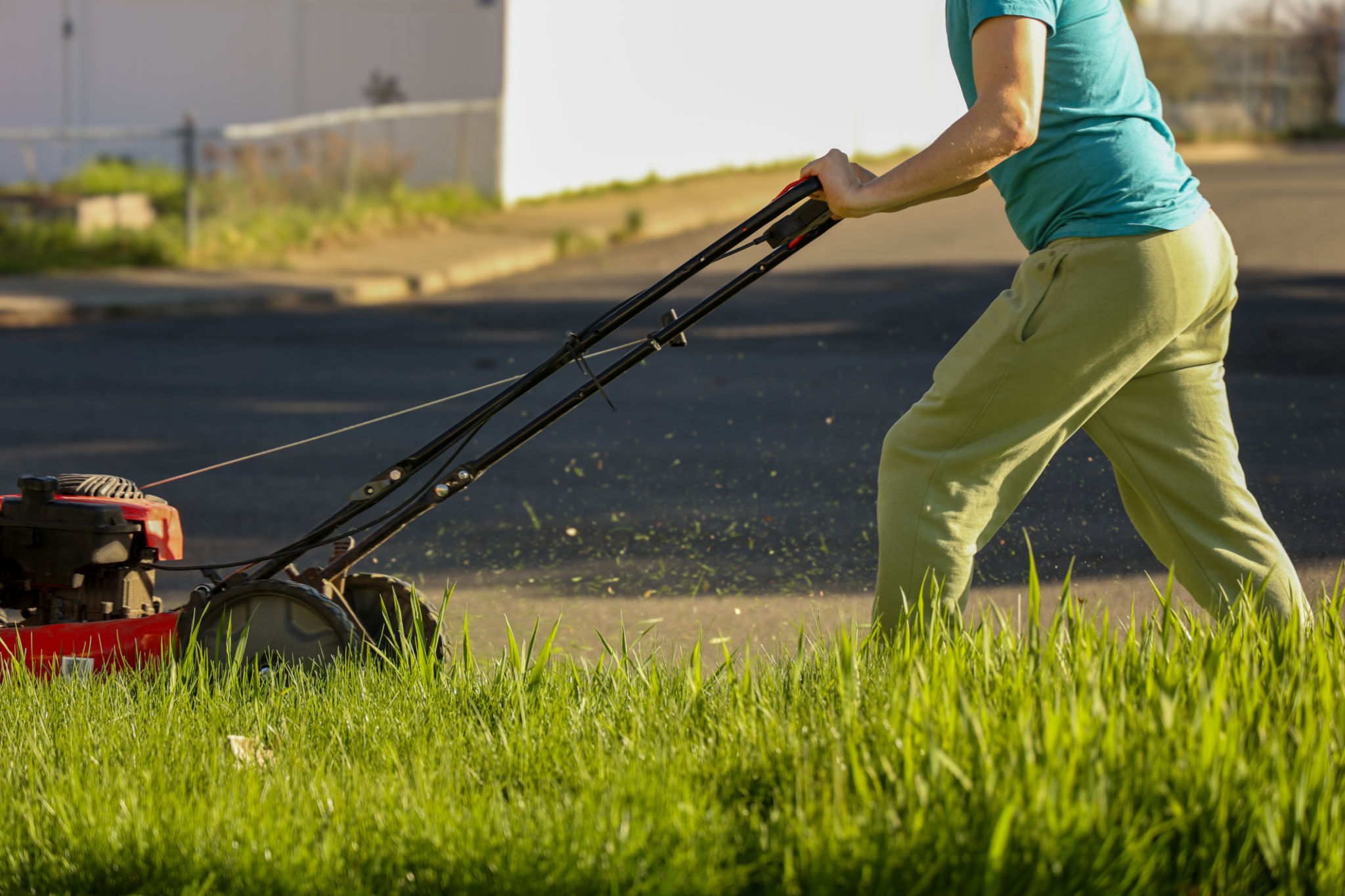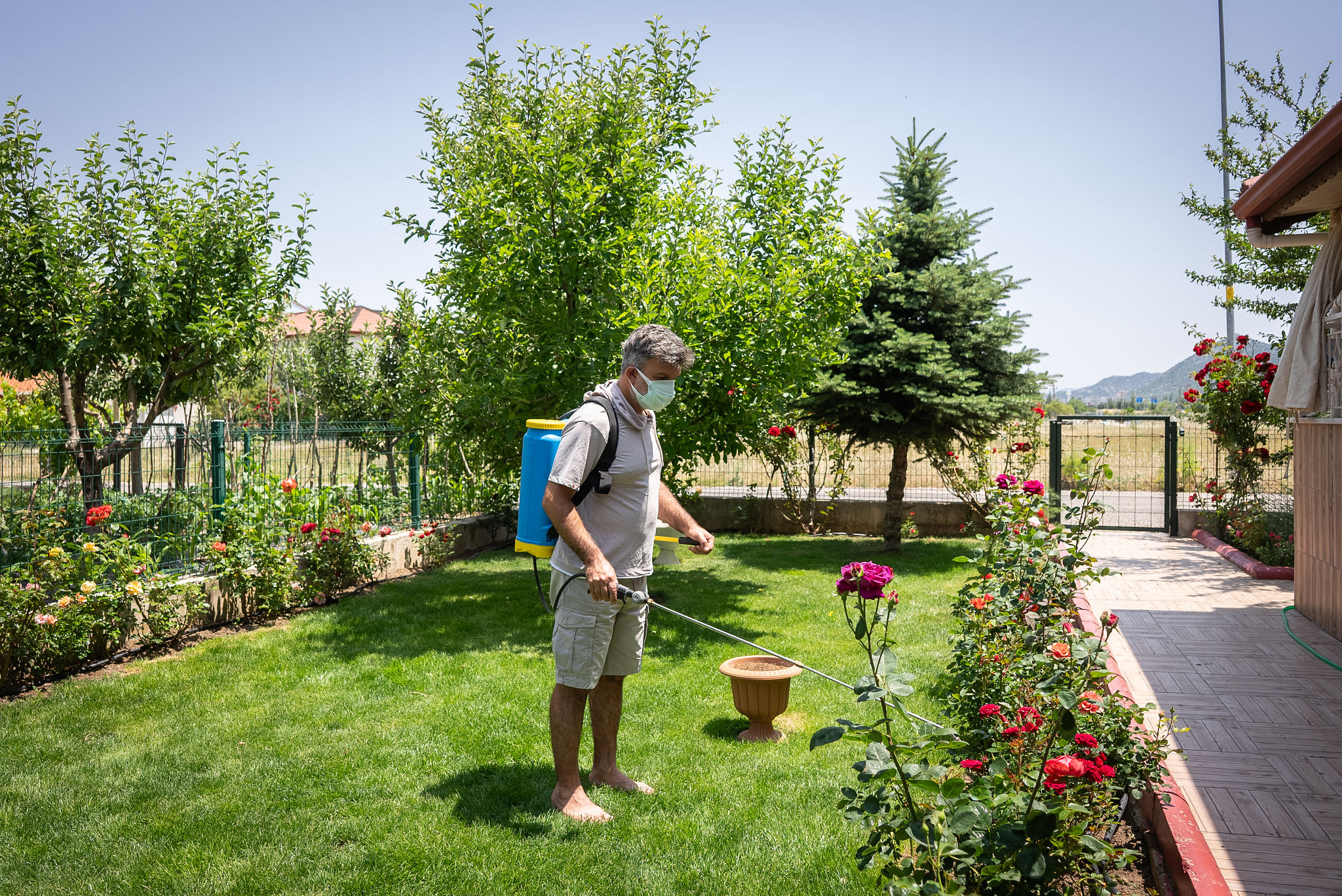Common Lawn Care Myths Debunked: What Every Calgary Homeowner Should Know
Myth 1: Watering Your Lawn Every Day Is Essential
One of the most common misconceptions about lawn care is the belief that you must water your lawn daily to maintain its lush appearance. In reality, overwatering can lead to a host of problems, including shallow root growth and increased susceptibility to disease. Instead, it's crucial to water deeply but less frequently, ideally once or twice a week, to encourage deeper root growth.

Myth 2: Shorter Grass Means Less Mowing
Another prevalent myth is that cutting your grass shorter will reduce the frequency of mowing. While it might seem logical, mowing your lawn too short can actually harm the grass. This practice, known as "scalping," stresses the grass and makes it more vulnerable to pests and diseases. A good rule of thumb is to never cut more than one-third of the grass blade at a time.
The Benefits of Keeping Grass Longer
Allowing your grass to grow a bit taller has several benefits. Taller grass shades the soil, reducing evaporation and keeping the roots cooler during Calgary's hot summer months. It also helps in crowding out weeds by limiting the sunlight they need to grow.

Myth 3: Fertilizer Is Only Necessary in Spring
Many homeowners believe that fertilizing their lawns is something that should only be done in the spring. However, regular fertilization throughout the growing season is key to maintaining a healthy lawn. The best times to fertilize are early spring, late spring, late summer, and fall. Each application provides nutrients that promote growth and resilience.
Choosing the Right Fertilizer
It's important to select the right type of fertilizer for your specific lawn needs. Consider slow-release fertilizers that provide a steady supply of nutrients over time, ensuring your lawn receives consistent nourishment.

Myth 4: Leaving Clippings on the Lawn Causes Thatch
A common fear among homeowners is that leaving grass clippings on the lawn will contribute to thatch build-up. In truth, grass clippings are mostly water and decompose quickly, adding valuable organic matter back into the soil. This process is known as "grasscycling" and it can actually improve lawn health by returning nutrients to the turf.
Understanding Thatch
Thatch is a layer of dead grass stems and roots that accumulates between the soil surface and the live grass above. It's primarily caused by over-fertilization and poor mowing practices, rather than leaving clippings on the lawn.
Myth 5: All Weeds Are Bad
While it's true that many weeds can be detrimental to your lawn's health, not all weeds are bad. Some weeds can actually benefit your lawn by improving soil structure and increasing biodiversity. However, it's important to manage invasive weeds that compete aggressively with your grass for resources.
Managing Weeds Effectively
To manage weeds effectively, focus on maintaining a healthy lawn through proper mowing, watering, and fertilization practices. A dense, healthy lawn is the best defense against weed invasion.
